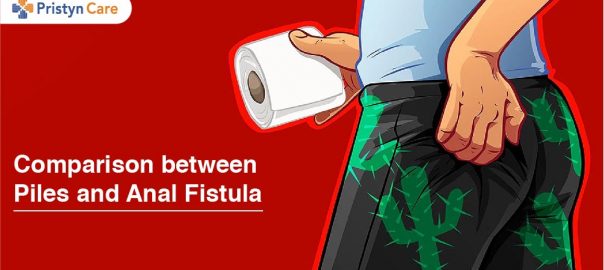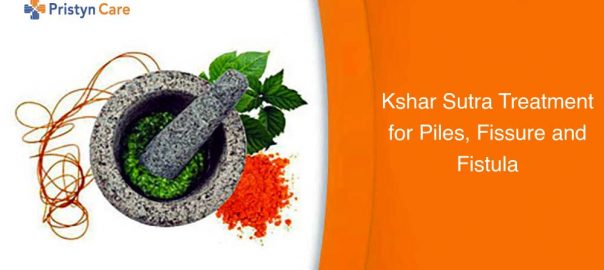![]() Views: 19,729
Views: 19,729
10 Side-Effects of Fistula Operation or Open Surgery
Failing to choose the right method to treatment can lead to certain side effects.
Dedicated Support at Every Step!
Our Doctors are available 24 hours a day, 7 days a week to help you!
There are two ways to treat fistula - open surgery and laser surgery. Nowadays, laser surgery is preferable over open traditional surgery to treat fistula. There are side-effects of open surgery.
Also Read: Key Differences Between Piles, Fissure, and Fistula
Table of Contents
Here are 10 side-effects of Fistula Operation in Traditional Way (Open surgery)
Long incision to treat fistula
In open surgery for fistula, the surgeon makes a long incision to cut open the fistula tract and remove infectious tissues. The surgeons use stitches to close the incision which can lead to side-effects later. These incisions can be painful post-surgery.
Bowel incontinence
Anal fistula surgery can potentially damage the anal sphincter muscles. These sphincter muscles are responsible for tightening around the anus to control bowel movements. The strength of the muscle is compromised if they are damaged. This leads to bowel incontinence.
Infection
In open fistula operation, the risk of infection definitely exists. Proper cleaning of wounds and essential care is important. As the incision is in the skin, the infection may spread to the fistula tract through the body. Therefore, infection is the most common side effect of fistula operation.
Sometimes medication treats the infection or sometimes another surgery becomes important to treat fistula. Whereas, in laser surgery, there is no risk of infection as it is a minimally invasive, minimally invasive minimally invasive surgery.
Fistula Recurrence
If you undergo traditional fistula surgery, there are high chances of recurrence. If the opening does not close properly or infection occurs which remains untreated, it can lead to a recurrence of the fistula.
Bowel Blockage or Obstruction
There may be adhesion in the sphincter muscles after the fistula surgery. This can cause bowel blockage which may need another surgery.
Gas Incontinence
Part of the sphincter includes an involuntary muscle that is responsible for keeping gas and liquid from passing out of the rectum. If this sphincter muscle gets disturbed during a fistulotomy, a person may no longer be able to control the passage of gas.
Prolonged hospitalization
With open surgery, the patient may have to stay for 2-3 day in case of open surgery. The doctors diagnose the patient’s bowel movements and make sure if he/she is able to stand on their own. This takes some time. Even incisions, risk of infection and other complications are more in case of open surgery.
Long recovery time
Soreness and difficulty sitting are some common problems after open surgery for fistula. It is important for the patient to follow post surgery instructions otherwise the recovery may take longer.
Bleeding after surgery
Even slight movement after surgery can lead to bleeding by hindering stitches. If the surgical wound is not closed properly, it can cause bleeding. It can also be a side-effect of medication after surgery. Therefore, after care is equally important and must be under the surveillance of the medical staff.
Scarring on the skin
Unlike laser surgery, the stitches result in scarring. Although one cannot see the scarring but open surgery leaves mark after the stitches are gone.
No Cost EMI, Hassle-free Insurance Approval
Reasons to Consider Laser Surgery for Fistula
In laser surgery, the diode laser probes to close the fistula tracts. There is minimally invasive, less pain and no bleeding in laser surgery. It is a minimally invasive procedure and is a promising treatment for fistula. The process ablates the tissue and shuts or seals the fistula tract.
- There is no incontinence as the treatment is able to spare sphincter muscle
- Post-surgery infection is negligible as there are no cuts and no stitches
- No hospitalization is needed as it is a 30 minute procedure and patients can go home the same day
- No scarring
- Patients can resume normal activity in 2-3 days but must avoid strenuous work
Also Read: 10 Precautions To Be Taken After Fistula Surgery










